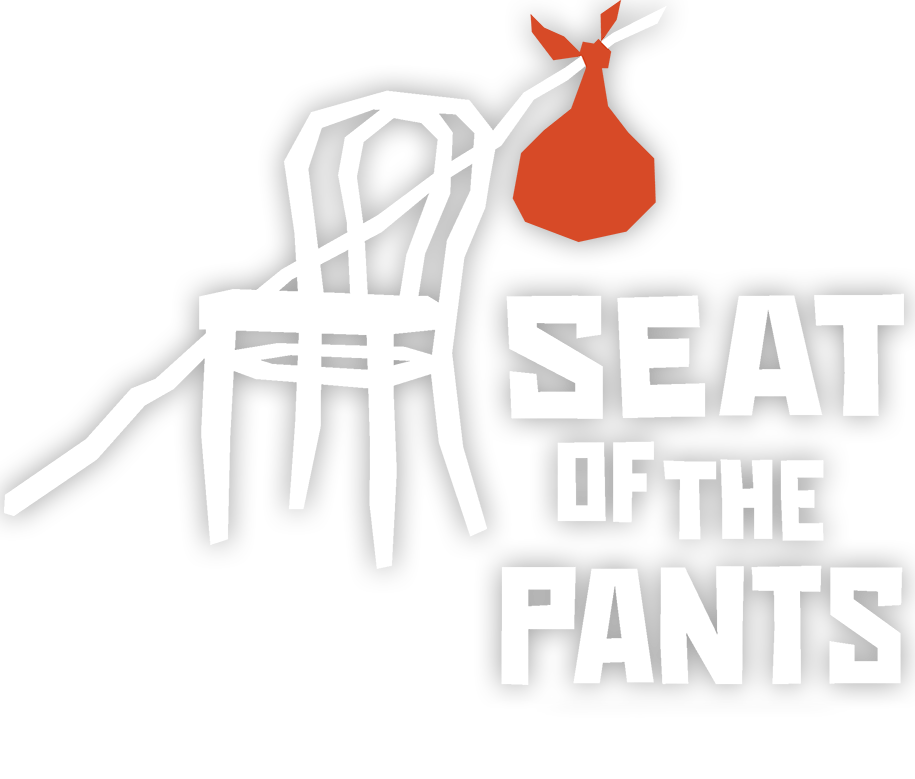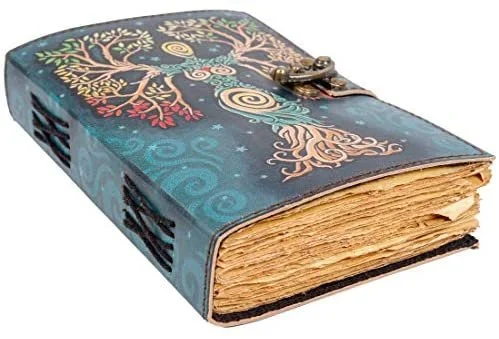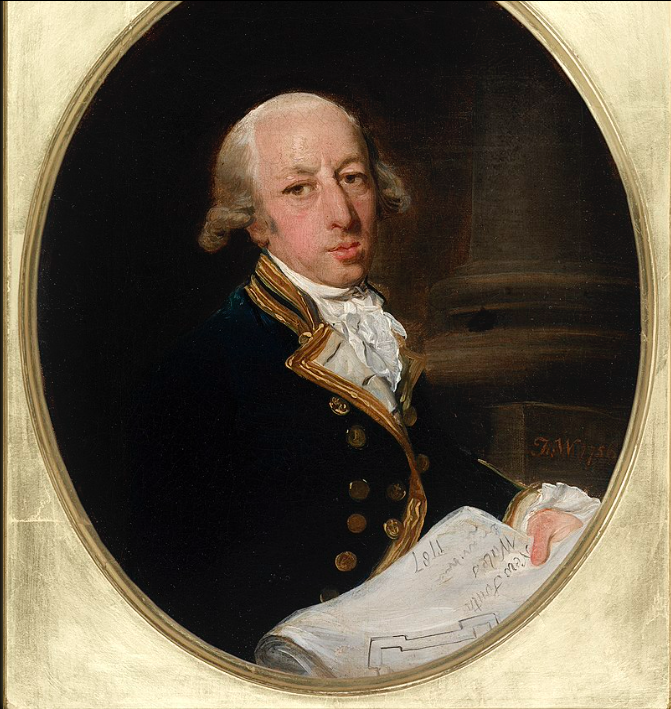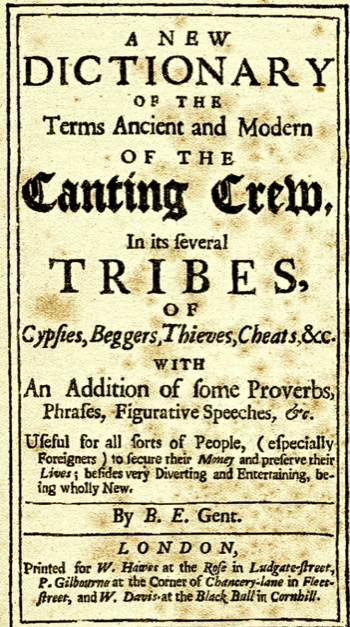Sometimes I design and build props. Sometimes I build characters and act onstage. One might ask if my acting ever influences or aids in my prop designs, and I would say yes, it does.
Read MoreWhenever I direct a play, I write a one page conceptual statement about my “take” on the script, in an effort to get everyone - actors, designers, marketing folk, etc - on the same page. I usually do this weeks before our first rehearsal or design meetings.
This time has been a bit different. I held off on doing this until AFTER our first six months of exploring the play together. This was frustrating for some of the team at times because “what we were working toward” was a bit amorphous, but I can honestly say that what I’v written is miles away from what I would have written without the insights I’ve gathered from watching all of these individuals play over the past six months. My work as a director has been made richer and fuller because of them. So here’s where things are at as we move forward:
Lieutenant Dawes is one of the characters I play in Our Country's Good. What I find so interesting about Dawes is how flighty he is portrayed in the play. He has less than 10 lines and the only thing you learn about him is that he could care less about the convicts and is fascinated with the stars in the sky. He’s there basically to be a foil to those characters advocating that the prisoners put on a play. BUT…..
Read MoreI have said, half in jest, that the remainder of my career in theater will likely be playing some combination of racists, rapists, or both. This can be a challenge. Myriad questions arise: Should I be telling this person’s story? Why? Should any more space be made in the theater for perspectives that are almost exclusively from a white, colonizer lens? How does a white actor, cognizant of these questions, navigate through deep structural flaws and still keep his moral compass pointed true north?
Read MoreOne of my favorite directors, Ann Bogart, wrote: “What you do in rehearsal is visible in the product. The chief ingredient in rehearsal is real, personal interest. And interest is one of the few components in theatre that has absolutely nothing to do with artifice. You cannot fake interest. It must be genuine. Interest is your engine and it determines the lengths to which you will travel in the heat of engagement.”
My personal interest in this project propels me, eagerly, to rehearsal every other week. It also makes me hungry for knowledge. When I’m not at rehearsal, I spend a lot of time in my imagination and brain. I’m curious. I love to explore. I love to dig. Here are some of my favorite “rabbit hole” discoveries so far…
There's a difference between reading the show to yourself quietly on the couch at home and hearing a group of talented actors bring emotion into characters. There lies the biggest thing that brings scenery and a show to life: emotion. When we read to ourselves - whether the news, a text message, or an email - we bring our own private emotional interpretation to the table. Theatre allows us to fine-tune this interpretation by bringing others into the discussion.
Read MoreOne of the distinctives of the OUR COUNTRY’S GOOD project is that designers have been part of the process from the very beginning, sitting in on our rehearsals monthly to see how what the actors are discovering informs their design work. One of the activities in which they’ve participated is a close, slow read of the script over several sessions, with everyone on the team providing INTERROGATIONS (questions we have about the text or characters) and OBSERVATIONS (things we find of interest that we want to note). This very slow, open dialogue is allowing the designers to iterate their work, based on new discoveries being made in the hall.
Read MoreHow does the actor’s voice connect with their body when working on a character that requires a way of speaking that is different from the actor?
Professionally, I identify as an actor and an educator. When I’m not performing, I teach Voice and Speech at several actor training programs and universities in New York City. I have spent the past few years training in both the Michael Chekhov Technique through the Great Lakes Michael Chekhov Consortium, as well as working towards my designation in Kristin Linklater’s voice work. Kristin Linklater’s work aims to free the actors' voice from unnecessary habitual tension in order to open up the full range of human expressivity. The work is psycho-physical, exploring the social, cultural, physical, emotional, and psychological experiences that shape the way we speak. Similarly, the Chekhov work is also psycho-physical, connecting the actor’s psyche with their body. They are a brilliant pair.
In 1999 I took my first yoga class and acted in my first play. I was 15 and initially didn’t feel very at home in my body or on the stage, but something was ignited. Ever since, both performing and practicing yoga have become parallel passions in my life. Each discipline offered me space to explore expression in my physical body, emotional world, and imagination. As a kid who used to use a step stool to ‘climb’ trees and begged her mom to make phone calls for her due to intense shyness, this was no small thing.
Read More









